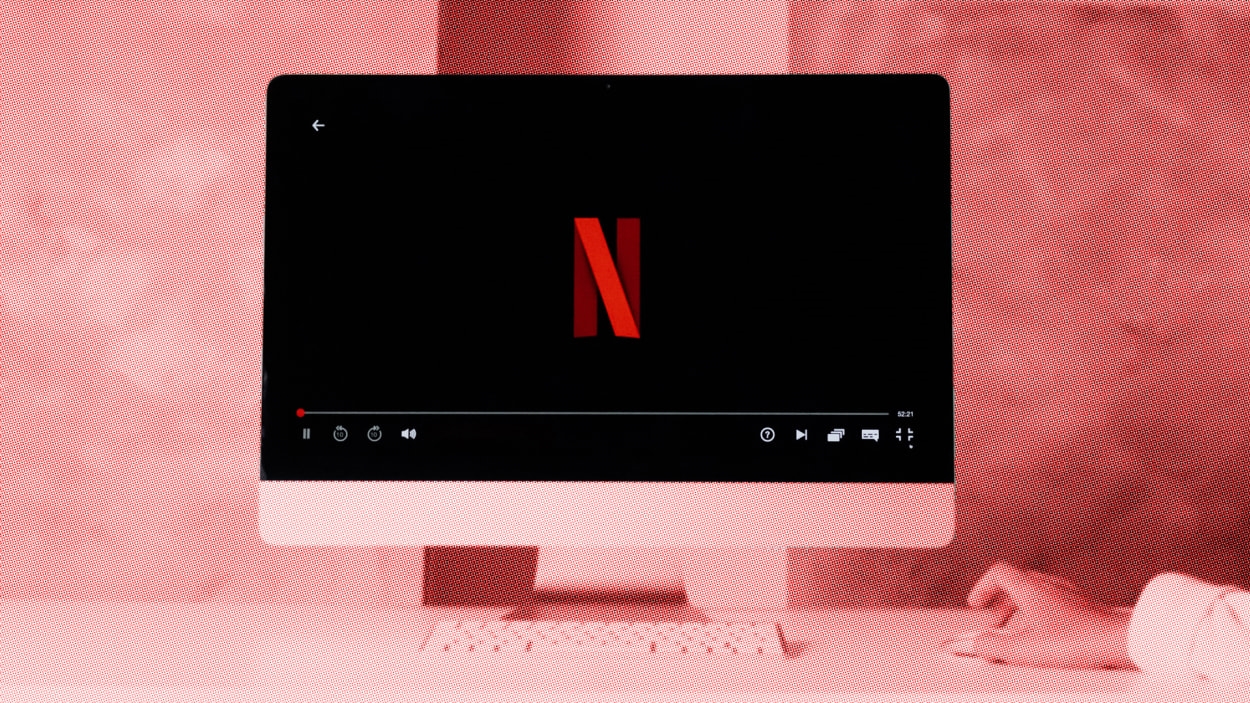Password sharing crackdown worked for Netflix, but the stock is falling anyway
Netflix enjoyed its biggest springtime spurt in subscribers since the early days of the pandemic three years ago, providing the latest sign that a recent crackdown on password sharing and the rollout of a cheaper version of its video streaming service are paying off.
The video streaming service added 5.9 million subscribers during the April-June period, according to numbers released Wednesday along with its latest quarterly financial results. The gains easily surpassed the roughly 2.2 million additional subscribers that analysts who were surveyed by FactSet Research had anticipating. Netflix ended June with 238.4 million worldwide subscribers.
The performance marked Netflix’s biggest springtime jump since the Los Gatos, California, company gained 10 million subscribers during the same period in 2020 when under dramatically different market conditions.
In 2020, people were still largely stuck at home and looking for ways to keep themselves entertained while governments around the world struggled to find a way to contain the spread of the pandemic. Now, Netflix finds itself trying to bounce back from a growth slowdown amid stiff video-streaming competition and inflationary pressures that have caused many households to clamp down on spending, especially on discretionary items such as entertainment.
As an antidote, Netflix last year introduced a low-priced option that includes commercials and then began to block the rampant sharing of passwords that has enabled an estimated 100 million people worldwide to watch its TV series and films for free. Freeloading viewers are now being required to open their own accounts unless a subscriber with a standard or premium plan agrees to pay an $8 monthly surcharge to allow more people living in different households to watch.
And Netflix still isn’t done tinkering. As part of Wednesday’s earning release, Netflix also revealed it’s phasing out its cheapest ad-free plan—a service that costs $10 in the U.S. Existing subscribers already paying for this basic plan will be allowed to keep it. The shift appears designed to get more people to switch to the $7 monthly plan that includes commercials in hopes of boosting ad revenue, or sign up for its $15.50 monthly standard plan or $20 monthly premium plan.
The pricing changes that have already been made helped Netflix boost its second-quarter revenue by 3% from the same time last year to $8.2 billon, falling below analyst forecasts. Netflix earned $1.49 billion during the period, compared with $1.44 billion last year. But earnings per share came in at $3.29 per share, eclipsing the average analyst estimate of $2.85 per share, according to FactSet.
Despite the strong showing, Netflix’s shares fell 3% in Wednesday’s extended trading. But the stock is still up by more than 50% so far this year.
(15)



